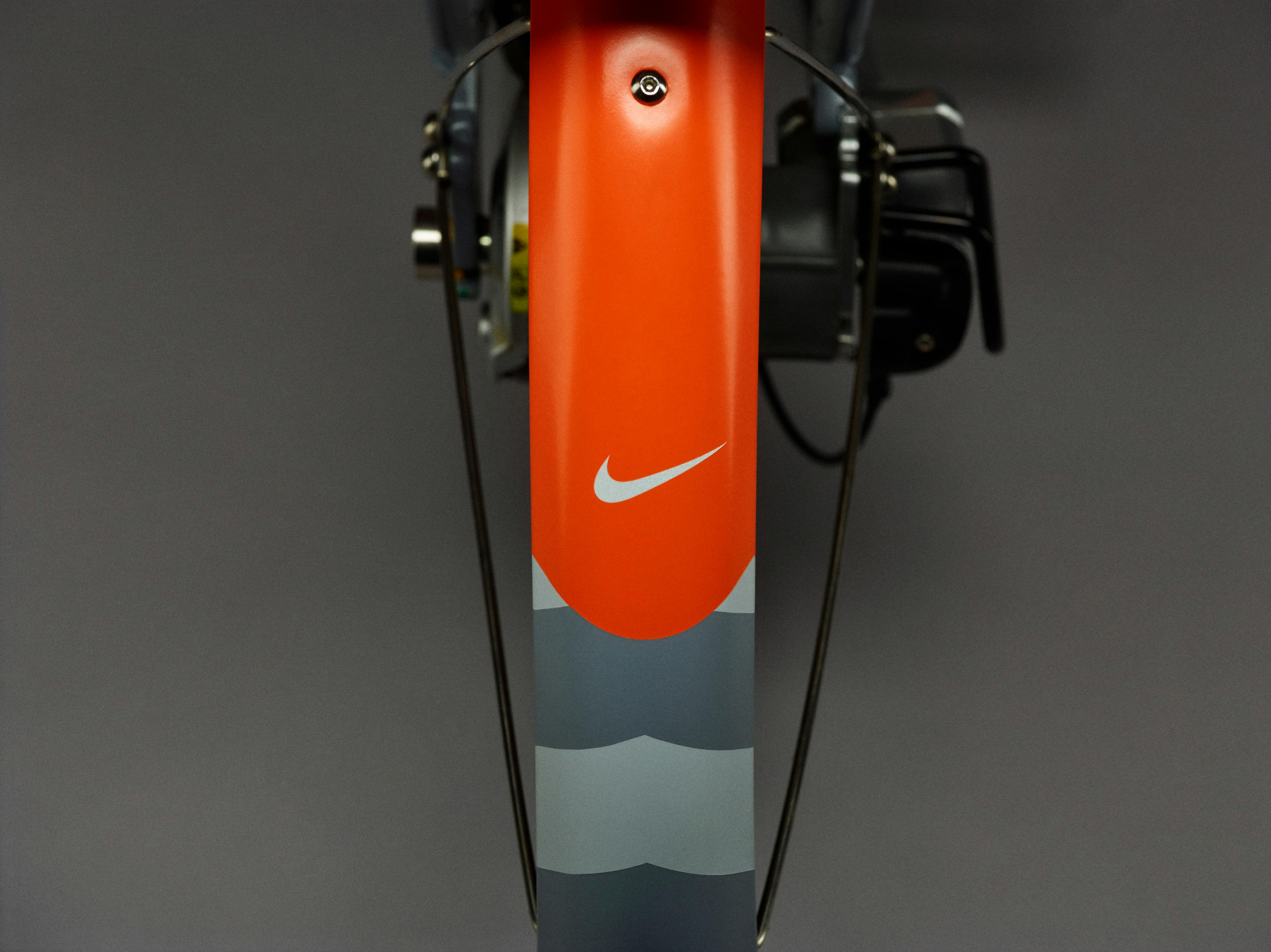Hello BIKETOWN
The name of Portland’s new bike share system gives a solid nod to Portland’s ambition of becoming a world-class bicycle city.
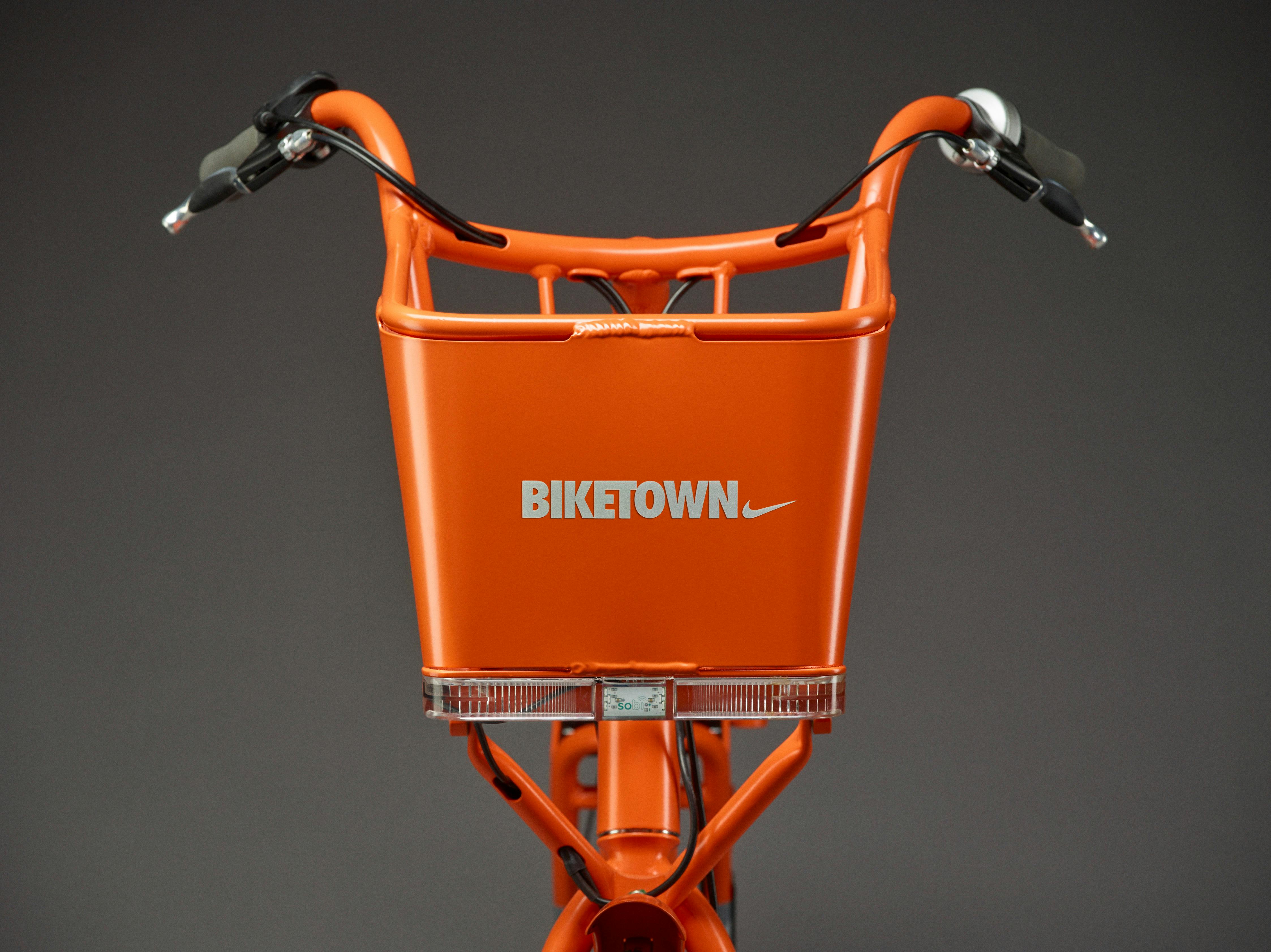
Text: Silje Strømmen
Photos: Portland Bureau of Transportation, Nike Inc.
One of the recommendations from the Portland Bicycle Plan for 2030 is to explore bike sharing systems. That shouldn’t have come as a surprise. Making bicycles available to ride from one point to another for a small fee has proven to be quite the success. Bike share systems operate in over 60 US cities and 500 cities worldwide, including the famous Santander Cycles, popularly known as Boris Bikes, in London and Copenhagen City Bikes or “Bycykler København” as they is called in Danish. This season Oslo is expanding their system from 1500 bikes to 3000 and from 150 docking stations to 300.
In the statement released after the City Council unanimously passed the bike share proposal in September 2015, Mayor Charlie Hales is quoted saying “starting this summer, Portlanders will have another way to get around our great city. One that is easy to use, affordable and, best of all, a lot of fun.”
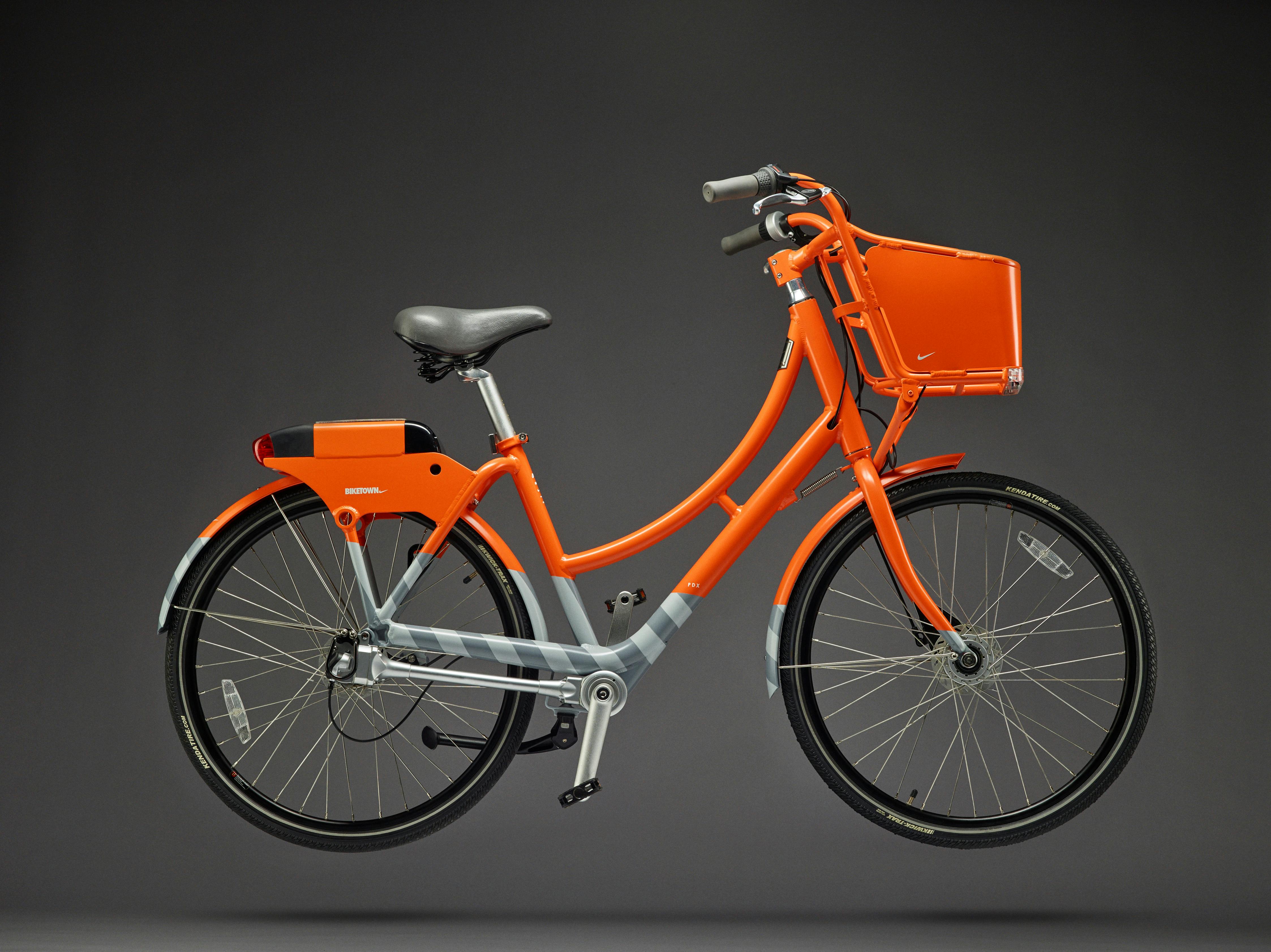
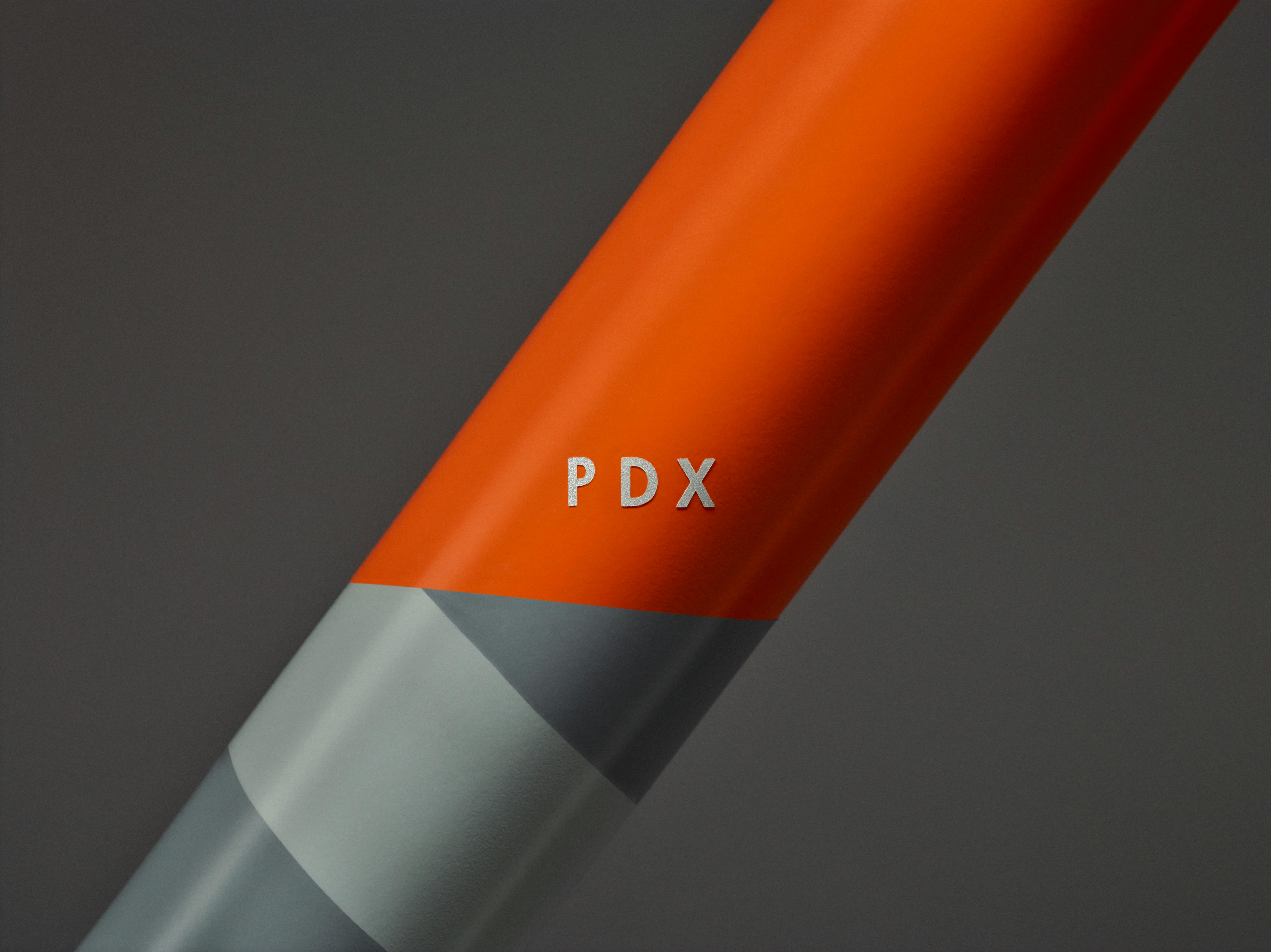
Of course it will – because biking around in the city you love is always fun. The system is said to be one of the most innovative bike share systems in the US, in addition to being the lowest priced. In January 2016, Nike was announced as the title sponsor of the system. The system, named BIKETOWN will launch with 1000 bikes, 400 more than initially planed and will open in the summer of 2016. As part of the collaboration, Nike will oversee the design and branding of the system’s logo, stations and digital presence – and by so ensuring that the Portland bike share system will be the best designed in the world.
However, the technology connected to the system is definitely giving the design a run for its money (or admiration). Smart bike technology will make finding, reserving and parking a bike, easier and more convenient. You can check out a bike through your smart phone, a computer, your member card, or by typing in your reservation number. If you find getting to your nearest docking station inconvenient, you can park and check out bikes from over 3000 public bike racks in the service area.
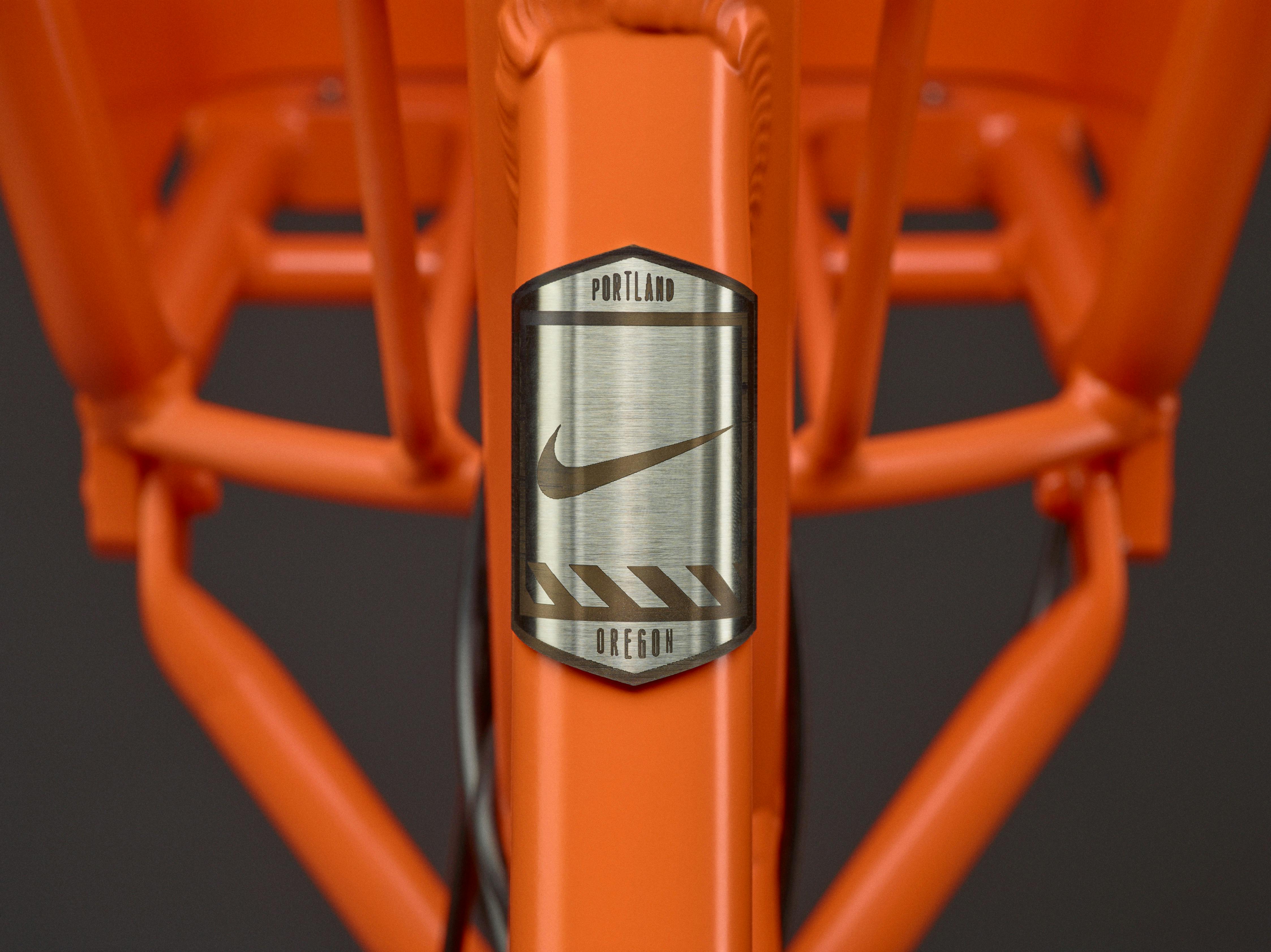
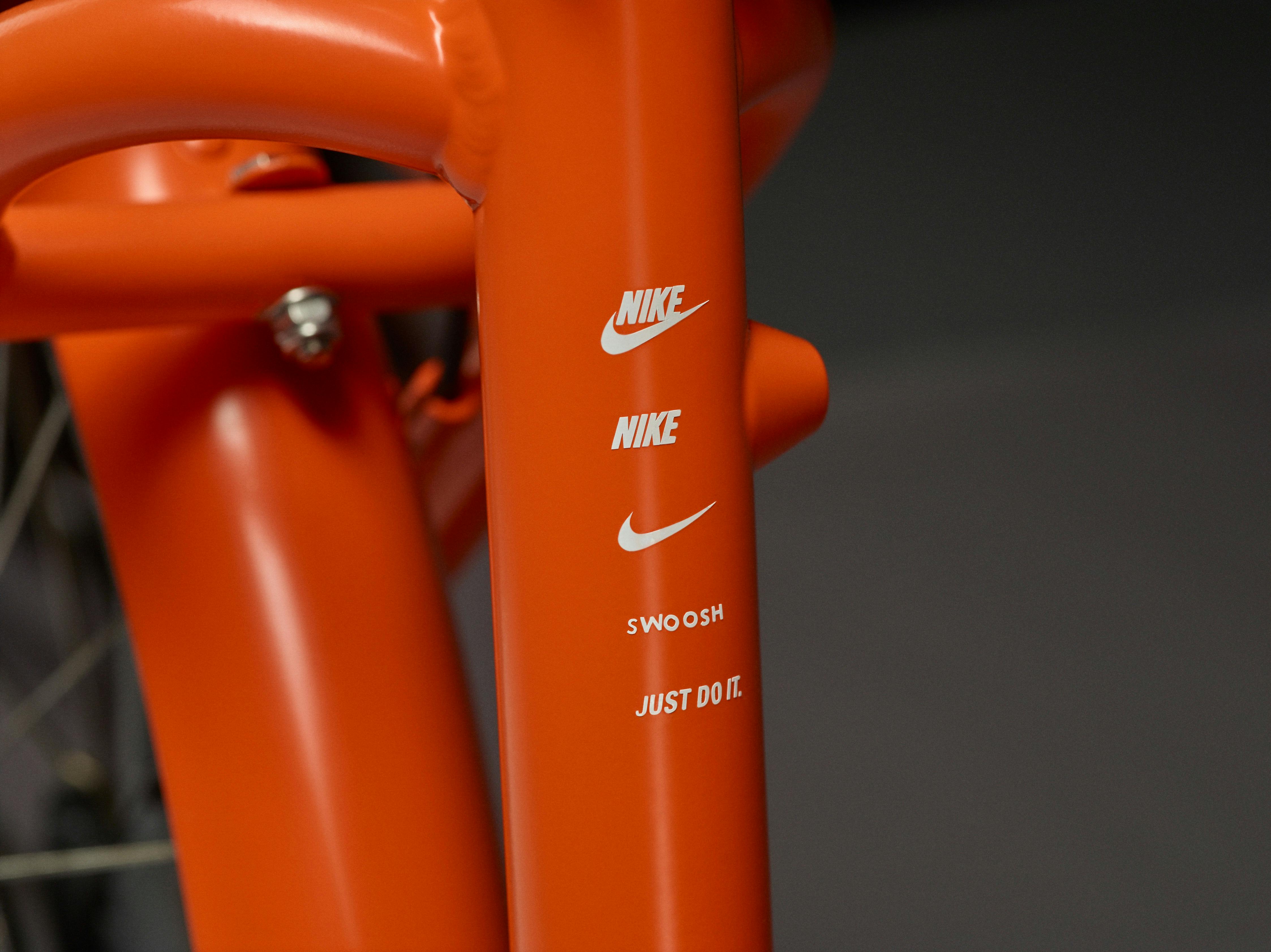
And if that weren’t enough, the Portland bicycle share system is said to be the world’s most sustainable. Bike share’s biggest operating cost is “system rebalancing” - moving bikes to and from high demand locations. Where most bike share systems require vans or trucks to move bikes around and keep the system operating efficiently, Portland will pilot the use of realtime GPS data and financial incentives to reduce reliance on motorized vehicles. As the trip data grows over time, Portland and Motivate, US’s leading bike share operator, plan to develop algorithms to further enhance the efficiency, predictability and sustainability of their rebalancing efforts.
One can’t help but applaud Portland and their efforts to make biking accessible to all. After all, it was about time.
